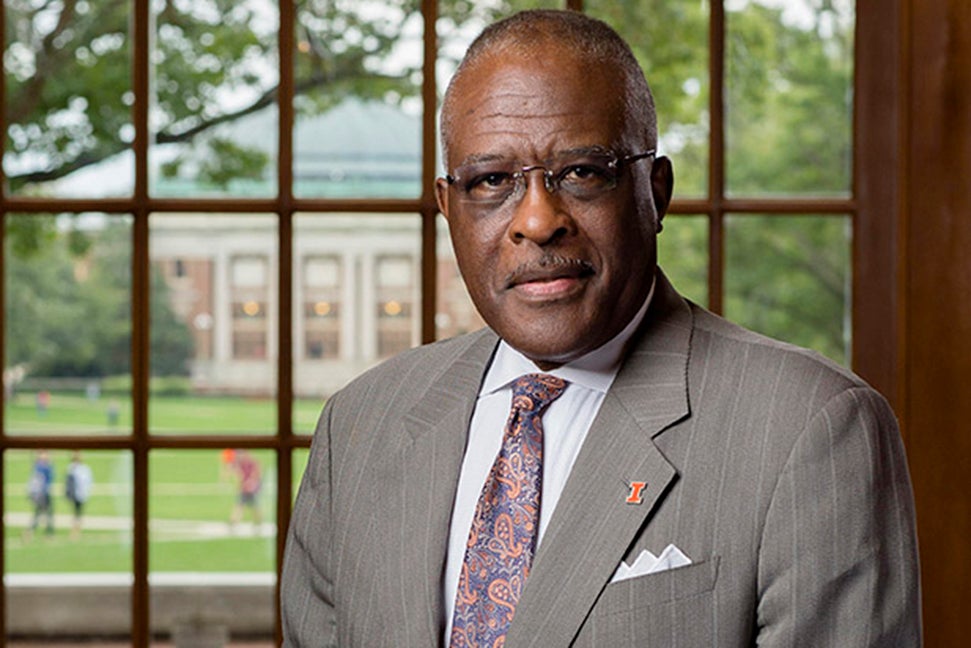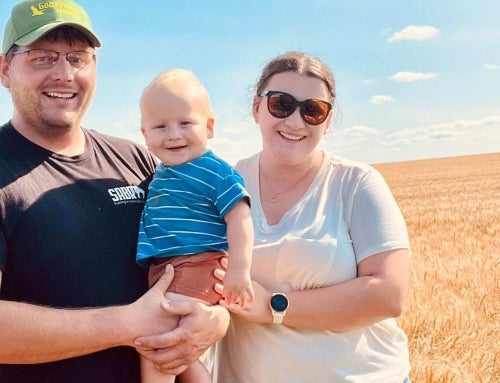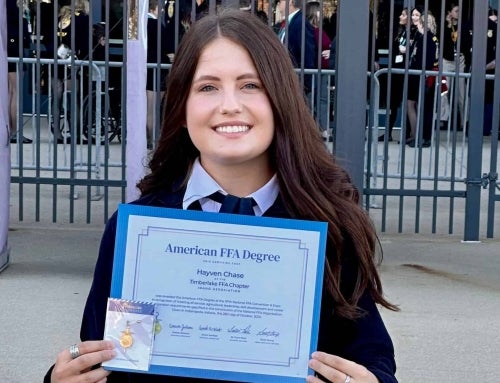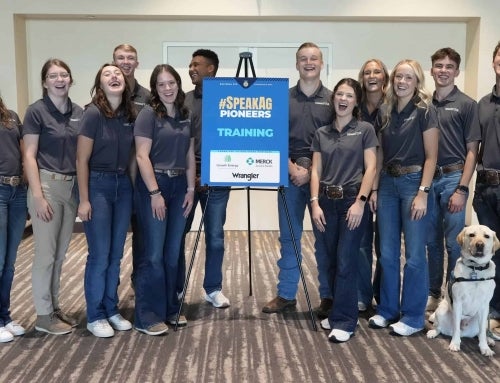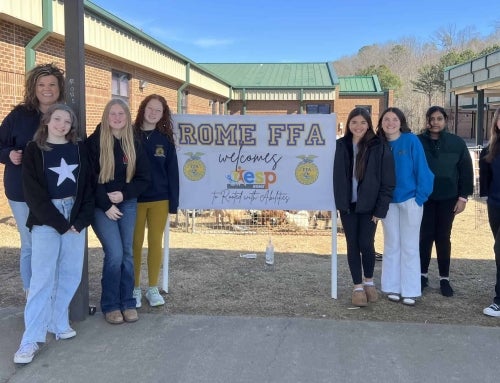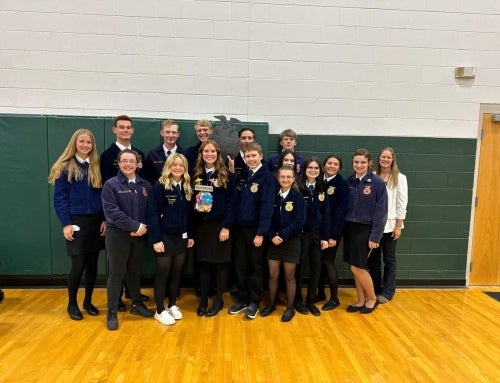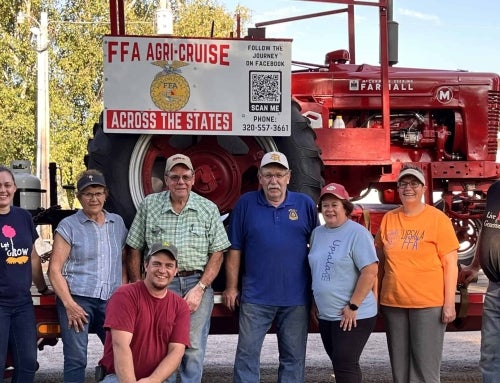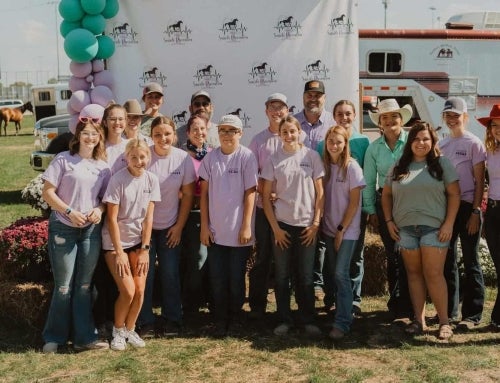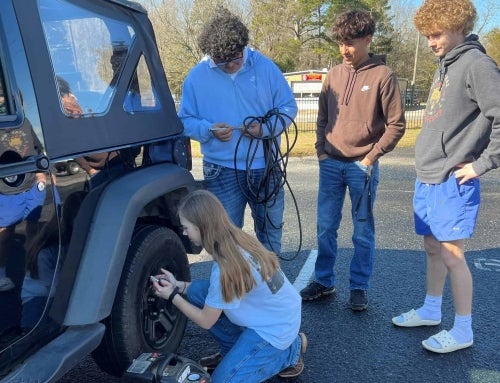The chancellor of the University of Illinois at Champaign-Urbana started on a sharecrop farm in the segregated South of the 1950s. An FFA background launched his incredible journey.
Q: What started this long journey for you?
A: Neither of my parents finished high school, but they were determined that my brother, my sister and I would. When I started at George Washington Carver High School in Dawson, Ga., I was required to take vocational agriculture classes. Walter Stallworth was the teacher. From a young age, I had a natural curiosity about plants. Mr. Stallworth took to calling me “Professor.” He gave me no option: I would go to college at either Tuskegee in Alabama or Fort Valley State in Georgia, which is where I went.
Q: When did you get active in FFA?
A: Our school was segregated. We didn’t have FFA; we had NFA (New Farmers of America), which was for African-American students. Mr. Stallworth made sure I got involved, and I eventually became chapter president. I was at the meeting in the 1960s when the merger took place between NFA and FFA.
It was my first real connection with people of diverse backgrounds. That leadership training has been important to me at every step of my career since then.
Q: How did you get into college administration?
A: To my own surprise, as my career progressed, I found that I get great satisfaction from improving the experiences of other people, such as students and faculty. Sometimes, you have to focus on one thing, and that’s what I’ve done.
Q: What is your job as chancellor?
A: Essentially, I’m the chief executive officer of the Champaign-Urbana campus, the largest in the University of Illinois system. We have a student population of about 46,000 and an academic and support staff of about 17,000 people. It’s like running a city.
Q: What’s your advice to students in FFA today?
A: Stay in school! Get a good, solid foundation in all the basics of agriculture, food science and STEM. With a broad background, you can go in any career direction you choose. The exciting thing today is that we have so many multidisciplinary fields. For example, we have a degree program combining computers and crops. We have programs in nutrition, health, economics, communications or almost any other field that can be pursued under the general umbrella of agriculture.

